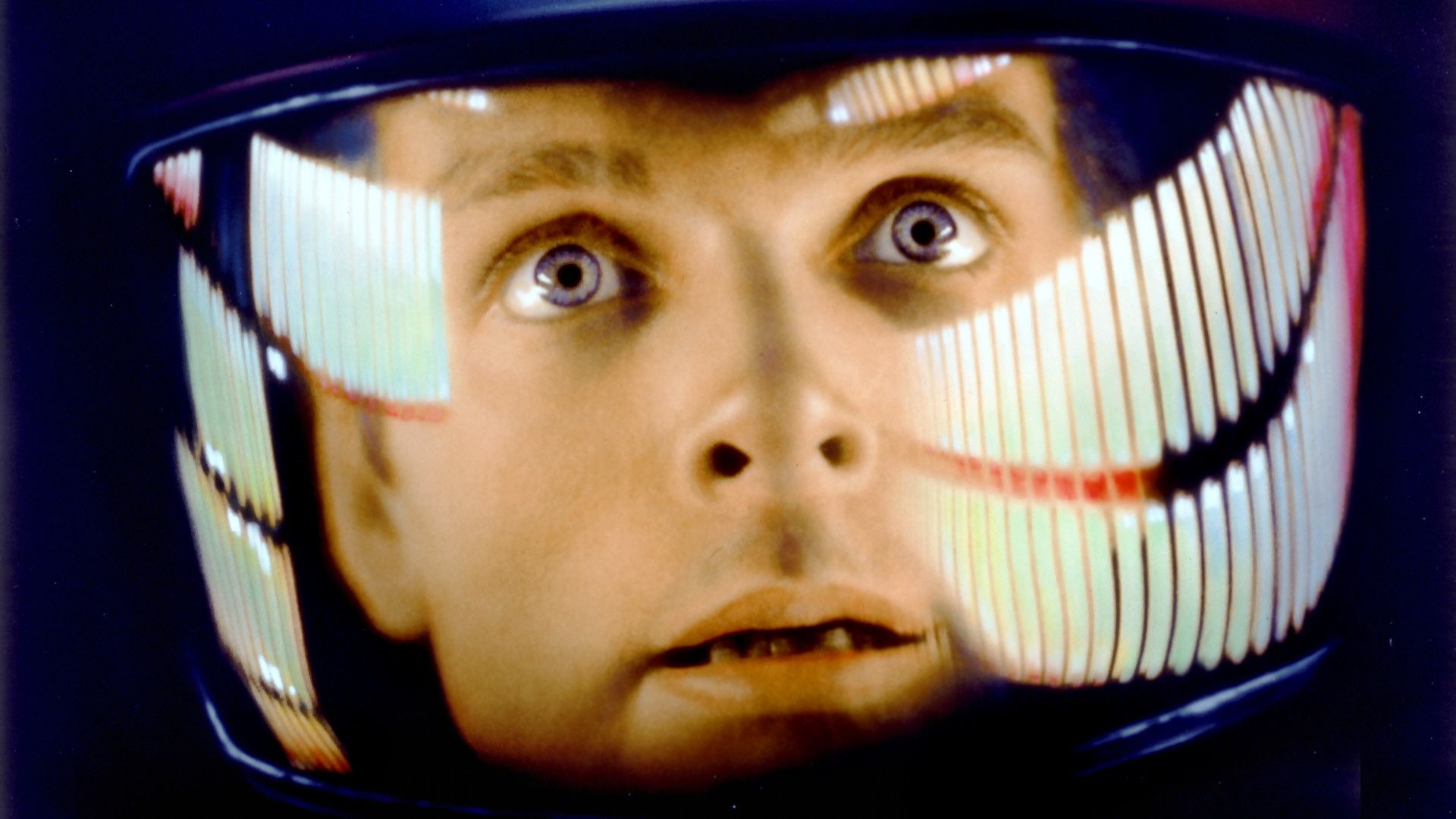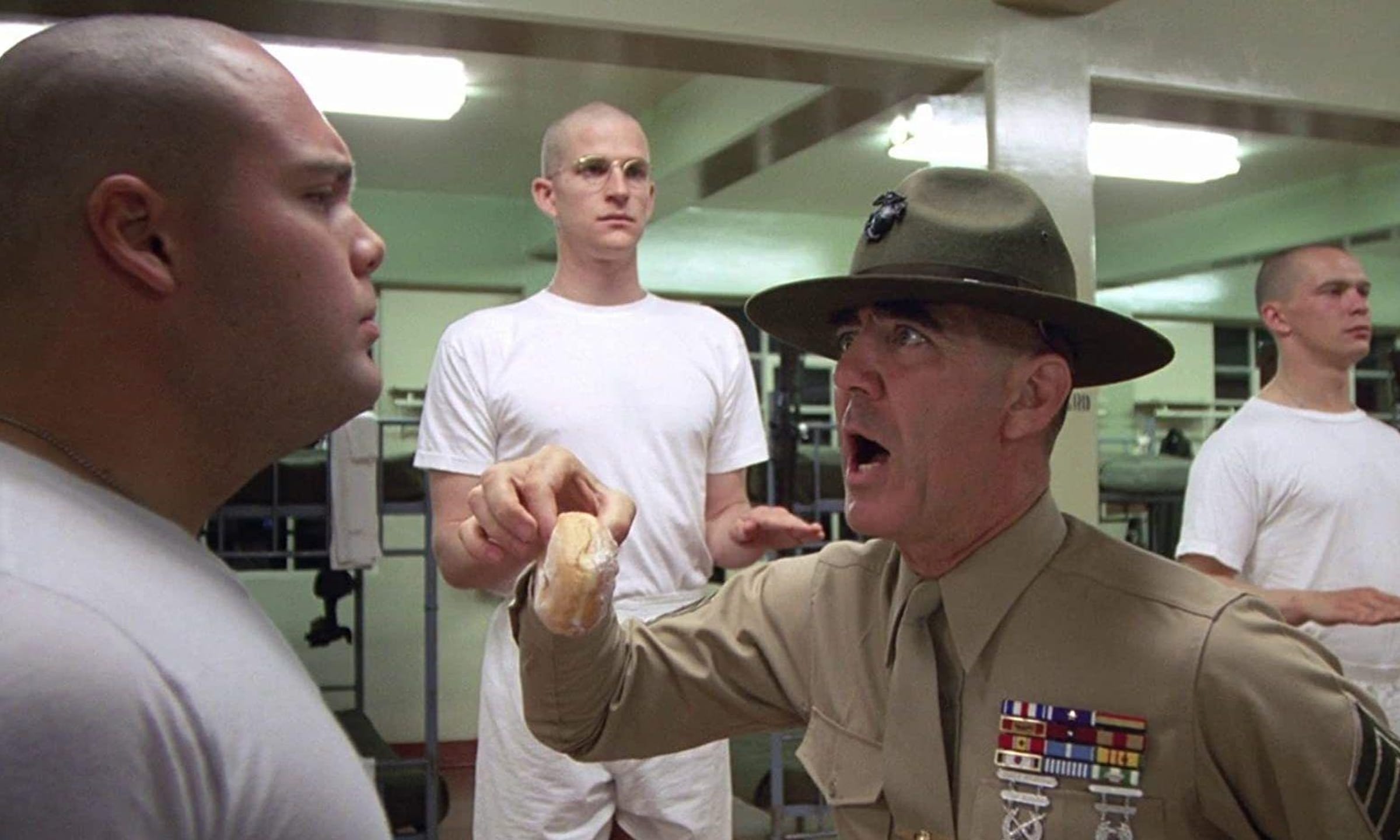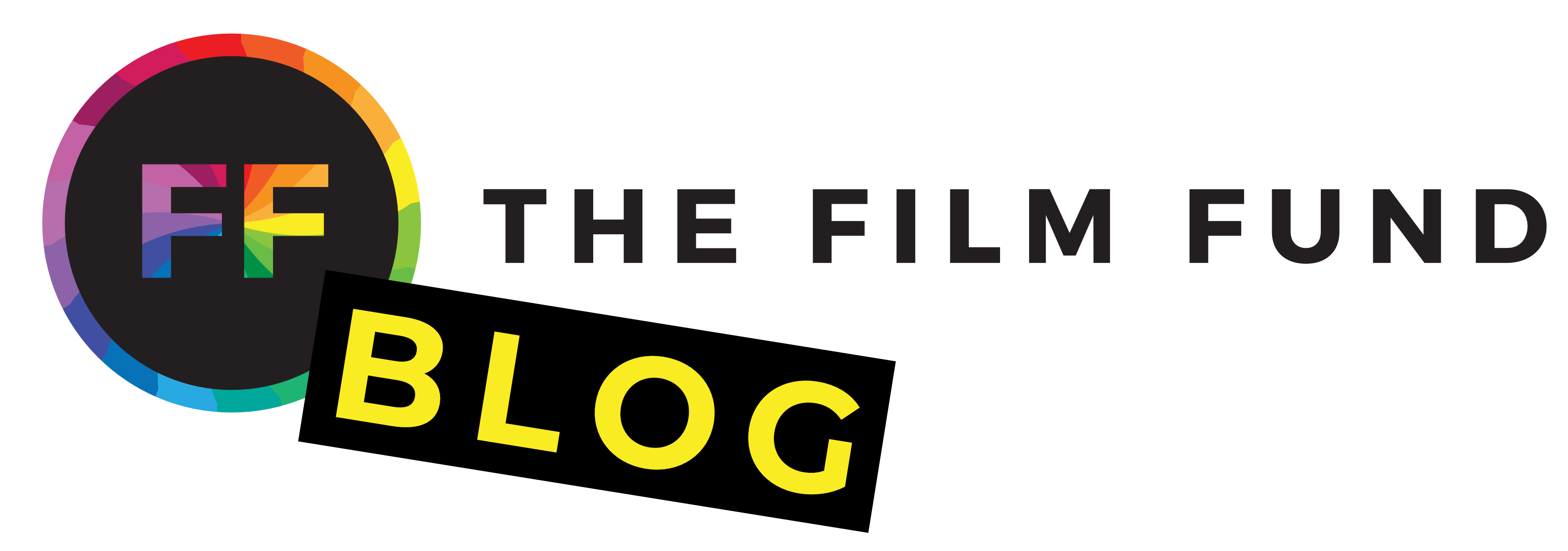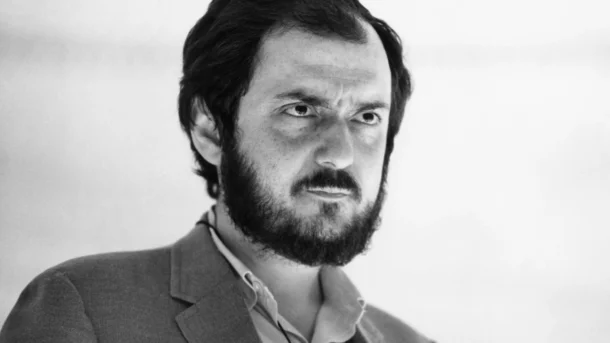Stanley Kubrick stands as a titan in the realm of cinema, renowned for his visionary approach to filmmaking. From the depths of space to the horrors of war, Kubrick’s oeuvre spans across different movie genres, each bearing his unmistakable signature. In this blog post, we delve into the fascinating realm of Kubrick’s adaptations of different movie genres, focusing particularly on his captivating interpretations of science fiction, horror, and war. Join us on a journey through the lens of one of cinema’s greatest auteurs as we unravel the intricacies of Kubrick’s cinematic masterpieces.
Kubrick’s genius lies in his ability to seamlessly transition between disparate genres, infusing each with his distinctive style and thematic depth. Whether exploring the vast expanse of space or the darkest recesses of the human psyche, Kubrick’s films offer a unique perspective that transcends traditional genre boundaries.
At the heart of our exploration lies the concept of adapting genres. While some filmmakers may adhere strictly to the conventions of a particular genre, Kubrick boldly subverts expectations, redefining the landscape of cinema with each new project. Through meticulous craftsmanship and boundless creativity, Kubrick transforms different movie genres into something entirely his own.
Understanding Kubrick’s Style: A Deep Dive
Stanley Kubrick’s films are characterized by a distinct style that sets him apart as one of cinema’s most visionary directors. Let’s take a closer look at what makes Kubrick’s approach to filmmaking so unique and how it influences his adaptations of different movie genres.
Meticulous Attention to Detail
One of the hallmarks of Kubrick’s style is his meticulous attention to detail. From meticulously crafted sets to carefully choreographed camera movements, every aspect of a Kubrick film is meticulously planned and executed. This attention to detail allows Kubrick to create immersive worlds that draw audiences into the story, regardless of the genre.
Thematic Depth and Philosophical Explorations
Beyond the surface level, Kubrick’s films are known for their thematic depth and philosophical explorations. Whether exploring the nature of humanity in “2001: A Space Odyssey” or the horrors of war in “Full Metal Jacket,” Kubrick’s films often delve into profound questions about the human condition and society at large.
Innovative Cinematography Techniques
Kubrick is also celebrated for his innovative cinematography techniques, which push the boundaries of what is possible on screen. From the iconic “one-point perspective” shots to groundbreaking use of Steadicam technology, Kubrick’s visual style is instantly recognizable and adds an extra layer of depth to his films.
In understanding Kubrick’s style, we gain insight into how he approaches the adaptation of different movie genres. By combining meticulous craftsmanship, thematic depth, and innovative cinematography, Kubrick creates films that transcend the constraints of genre, offering audiences a truly unique cinematic experience. Join us as we continue to explore Kubrick’s adaptations of science fiction, horror, and war, and how he makes each genre his own.
Kubrick’s Take on Science Fiction: Breaking Boundaries

Stanley Kubrick’s foray into the realm of science fiction is innovative, imaginative, and profoundly explores the human condition. Let’s delve into Kubrick’s unique approach to the science fiction genre and how he pushes the boundaries of storytelling.
Analyzing “2001: A Space Odyssey”
At the forefront of Kubrick’s science fiction repertoire is the seminal masterpiece “2001: A Space Odyssey.” This visionary film takes audiences on a mesmerizing journey through space and time, blending groundbreaking visuals with philosophical depth. From the enigmatic monolith to the iconic HAL 9000, “2001” challenges viewers to contemplate the mysteries of existence and our place in the universe.
Subverting Science Fiction Tropes
What sets Kubrick’s interpretation of science fiction apart is his willingness to subvert genre tropes and conventions. While many sci-fi films focus on action-packed space battles or dystopian futures, Kubrick opts for a more cerebral approach, delving into abstract concepts and existential themes. In doing so, he transcends the limitations of the genre, creating a film that resonates on a deeper level with audiences.
Impact on the Science Fiction Genre
“2001: A Space Odyssey” not only redefined the science fiction genre but also left an indelible mark on cinema as a whole. It has influenced countless sci-fi films that followed, inspiring filmmakers to explore new horizons and push the boundaries of visual storytelling. Kubrick’s bold vision continues to inspire generations of filmmakers, proving that the exploration of different movie genres knows no bounds.
In examining Kubrick’s take on science fiction, we gain insight into his boundless creativity and willingness to challenge convention. Join us as we continue to explore Kubrick’s adaptations of horror and war, and how he brings his unique perspective to each genre.
Kubrick’s Approach to Horror: Delving into the Darkness
:max_bytes(150000):strip_icc()/msdshin_ec021_h-2000-812ebfe529a34b81ade1eb8860b8f4d1.jpg)
Stanley Kubrick’s venture into the realm of horror is characterized by psychological depth, atmospheric tension, and a mastery of suspense. Let’s explore how Kubrick redefines the horror genre and leaves audiences trembling in fear.
Exploring “The Shining”
At the heart of Kubrick’s horror portfolio lies “The Shining,” a cinematic tour de force from the mind of Stephen King that continues to haunt viewers to this day. Set against the backdrop of the eerie Overlook Hotel, “The Shining” plunges audiences into a labyrinth of madness and terror, propelled by Jack Nicholson’s unforgettable performance as the tormented Jack Torrance. Kubrick’s meticulous attention to detail and mastery of suspense create an atmosphere of dread that lingers long after the credits roll.
Deviating from Conventional Horror Tropes
What sets Kubrick’s interpretation of horror apart is his departure from conventional genre tropes. Rather than relying on cheap jump scares or gratuitous violence, Kubrick crafts a slow-burning psychological thriller that burrows into the darkest recesses of the human psyche. By focusing on the psychological unraveling of its characters, “The Shining” transcends the limitations of traditional horror, delivering a chilling experience that resonates on a deeper level.
Enduring Influence on Horror Cinema
“The Shining” stands as a testament to Kubrick’s lasting impact on the horror genre. Its influence can be felt in a myriad of horror films that followed, inspiring filmmakers to explore themes of isolation, madness, and the supernatural with renewed vigor. Kubrick’s ability to evoke fear through atmosphere and tension has cemented his place as a master of horror, proving that true terror lies not in the monsters that lurk in the shadows, but in the darkness of the human soul.
In dissecting Kubrick’s approach to horror, we uncover a filmmaker unafraid to push the boundaries of the genre and explore the depths of human fear. Join us as we continue our exploration of Kubrick’s adaptations of different movie genres, including his provocative take on war.
Kubrick’s Interpretation of War: A Harrowing Reflection

Stanley Kubrick’s exploration of the horrors of war is marked by stark realism, profound insight, and an unflinching critique of the human condition. Let’s delve into Kubrick’s interpretation of war and how he challenges our perceptions of this enduringly tragic genre.
Examining “Full Metal Jacket”
At the forefront of Kubrick’s war films stands “Full Metal Jacket,” a harrowing portrayal of the Vietnam War that remains as relevant today as it was upon its release. Divided into two distinct halves, the film first immerses viewers in the brutal realities of Marine Corps training before thrusting them into the chaos and carnage of the Vietnam War. Through the eyes of Private Joker and his fellow soldiers, Kubrick exposes the dehumanizing effects of war and the moral ambiguity that pervades every battlefield.
Critiquing Institutionalized Violence
What sets Kubrick’s interpretation of war apart is his incisive critique of institutionalized violence and the machinery of war. Rather than glorifying combat or heroism, Kubrick strips away the veneer of patriotism to reveal the true cost of conflict – both on the battlefield and at home. Through scenes of senseless brutality and moments of profound tragedy, “Full Metal Jacket” forces viewers to confront the grim reality of war and its devastating impact on the human spirit.
Impact on the War Genre
“Full Metal Jacket” stands as a stark reminder of Kubrick’s enduring influence on the war genre. Its uncompromising portrayal of the Vietnam War continues to resonate with audiences, offering a sobering reflection on the folly of armed conflict and the toll it exacts on those who wage it. Kubrick’s ability to capture the raw emotion and moral ambiguity of war sets “Full Metal Jacket” apart as a timeless masterpiece that transcends the boundaries of genre.
In dissecting Kubrick’s interpretation of war, we uncover a filmmaker unafraid to confront the darkest aspects of human nature and challenge our preconceived notions of heroism and sacrifice. Join us as we conclude our exploration of Kubrick’s adaptations of different movie genres, reflecting on his enduring legacy in shaping cinema’s exploration of diverse themes and narratives.
In Conclusion
As we reach the culmination of our exploration into Stanley Kubrick’s adaptations of different movie genres, it becomes evident that his impact on cinema transcends the confines of traditional storytelling. Let’s reflect on Kubrick’s remarkable legacy and the enduring relevance of his work in shaping our understanding of diverse genres.
Stanley Kubrick’s unparalleled contributions to cinema serve as a testament to the power of storytelling and the limitless possibilities of genre exploration. As we continue to marvel at his cinematic masterpieces, we remember that true genius knows no bounds, transcending the limitations of different movie genres and leaving an indelible mark on the tapestry of human imagination.
One last thing! If you’re an indie filmmaker who is looking for some help, we may have you covered. With our film funding contest, you could win up to $10,000 in funding for your short film production! Unlike other funding opportunities, we don’t require a full script. Instead, send us a sentence that explains the premise of your short film and why you need our help in one sentence. Head to our entry page for more details! And if you’re interested in feature film funding, check out UnknonwNightmare.com to learn more.




